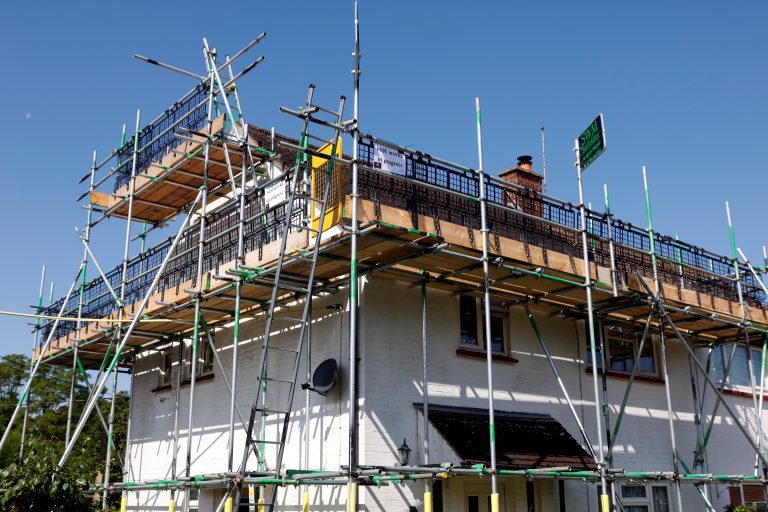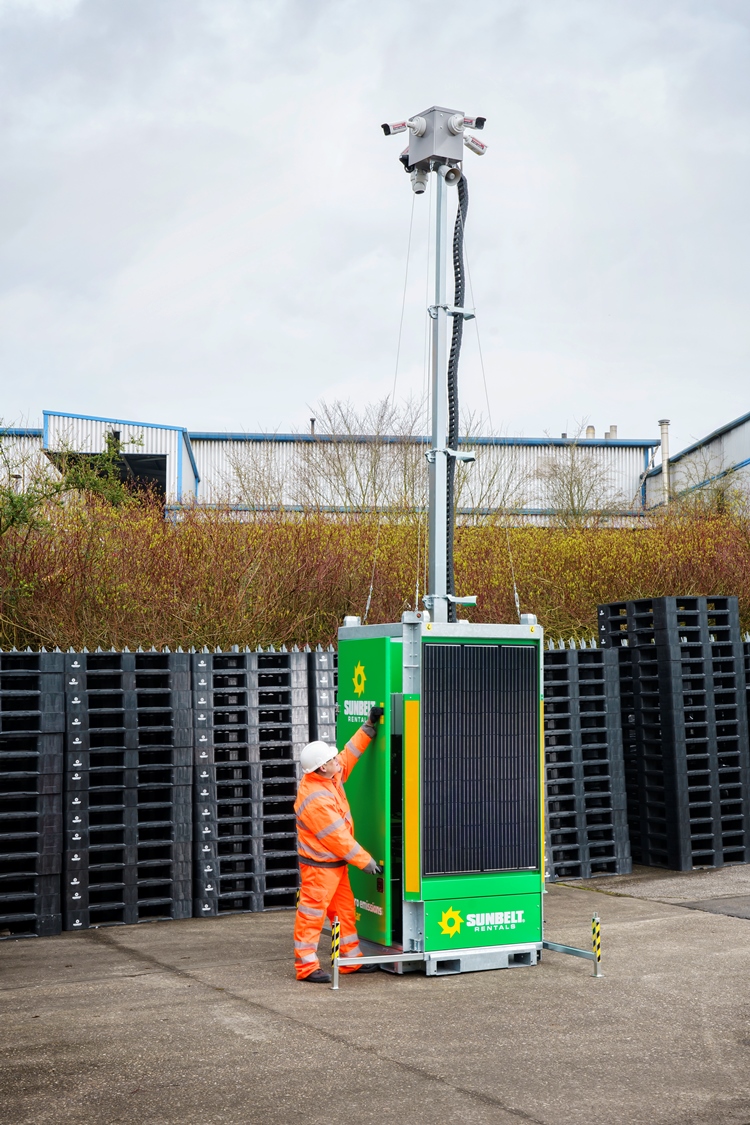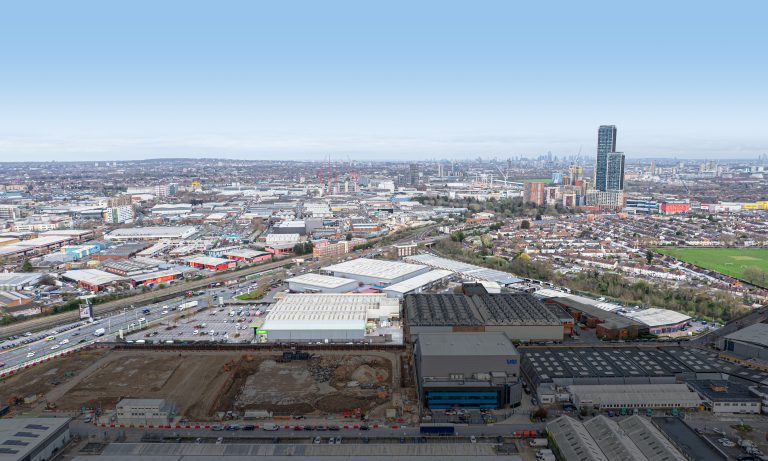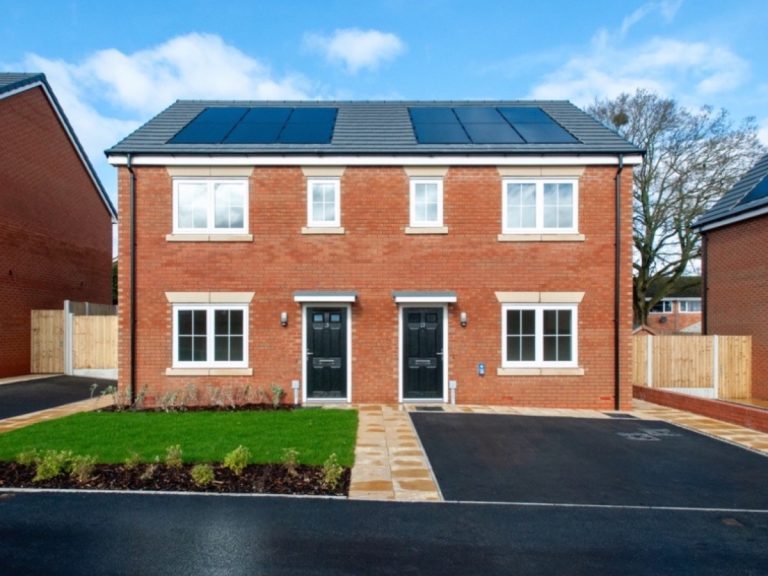Leading regional housing association Bromford has retained its A+ stable credit rating from S&P Global Ratings. S&P highlighted Bromford’s “solid management expertise”, “prudent cost planning and financial headroom”, and “very strong liquidity” as key factors in their decision to maintain the A+ stable rating. The agency carried out its latest review of the Gloucestershire-based housing association earlier in July, examining the progress against its new strategy and business plan which sets out Bromford’s ambitions to build 11,000 new homes by 2032 and to invest £2 billion in maintaining and upgrading its existing homes, including improvements to make them more energy efficient. Bromford recently announced that it had entered into discussions with Flagship Housing Group to create one of the largest housing associations in the country, with 80,000 homes across the central belt of England and the capacity to build up to 2,000 new homes every year whilst maintaining a sector leading A+ / A2 credit rating platform. S&P Global have reviewed the combined organisation’s initial financial analysis and confirmed it continues to reflect an A+ rating, commenting: “Bromford’s currently strong financial indicators would mitigate pressure of the potential business combination, and hence we do not expect it to have an immediate impact on our rating on Bromford.” In the S&P report published yesterday, the agency pointed to the flexibility in Bromford’s robust financial plans around its investment in existing and new homes among the reasons for the housing association retaining its rating. The global ratings agency, said: “The affirmation of the A+ rating reflects our view that Bromford’s prudent cost planning and financial headroom, along with expected improvement in economic conditions, will support the group’s solid credit metrics.” The S&P report, added: “We view favourably Bromford’s flexibility over its investments in new and existing homes. With a proven track record, we expect the group to continue generating some cost efficiencies. This, along with the solid quality of the group’s existing assets, will provide Bromford the headroom to adjust costs, if needed.” Earlier in the year, the housing association held a dedicated workshop with the agency and a small group of its customers, who shared their experiences living in a Bromford home and discussed how this is taken into account by credit rating agencies. Bromford’s director of treasury Imran Mubeen said: “We’re delighted that S&P has recognised our performance over the past year by re-affirming our A+ rating with a stable outlook. The A+ stable rating is also testimony to the opportunity and capacity we can create through the proposed merger with Flagship, with £5 billion of new funding over the next 15 years delivering over 30,000 new, affordable, energy efficient homes perfectly curated within our existing financial framework and A+ rating envelope. We arrive here by design and through intent, with a full shadow credit analysis run on every iteration of the business plan we produce. This is particularly important at a time when we are seeing continued pressure in our sector and a migration to the weaker single A or BBB. “Throughout the rating process, we believe it’s important to showcase how we are delivering for our customers. It is also our responsibility to explain our business plan and treasury strategy to them. That’s why we were pleased to give S&P the opportunity to meet our customers during the year, allowing the agency to hear directly from customers about their lived experiences in their homes and their engagement with our broader services. “The confirmation of this rating, along with our A2 rating from Moody’s will support us when we return to the market to seek additional funds, helping us achieve our goals of tackling the housing crisis by building more homes, investing in our existing properties, and progressing towards net zero, all underpinned by sector leading funding deals.” Bromford has retained its rating after a year in which it has successfully unlocked its balance sheet capacity to deliver new funding through expanding its portfolio of revolving credit facilities to £450 million, securing new private placements with UK and US investors worth £100 million, and co-creating a new pathway to funding with Legal and General Investment Management worth £50 million. In June 2024, Bromford also completed a £200 million sustainability linked loan with key funding partner NatWest. Read the full report from S&P Global Ratings. Building, Design & Construction Magazine | The Choice of Industry Professionals














